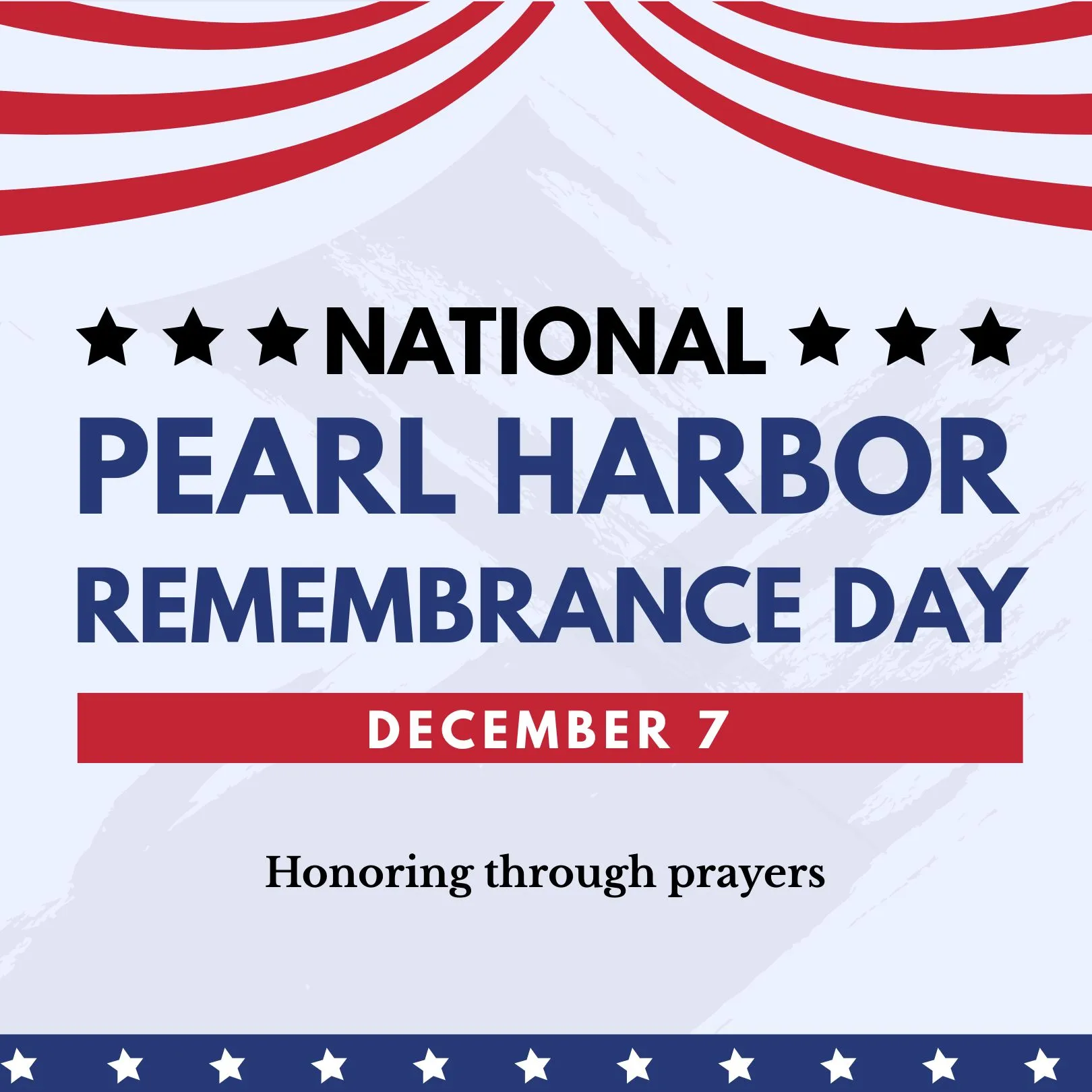Remembering Pearl Harbor Day: A Day That Changed History Forever
On a serene Sunday morning, December 7, 1941, the world would witness a moment that would forever alter the course of global history. The peaceful waters of Pearl Harbor, Hawaii, suddenly erupted into chaos as Japanese forces launched a devastating surprise attack that would propel the United States into World War II.
The attack began just before 8 a.m., catching the U.S. Pacific Fleet completely off guard. In a meticulously planned military operation, Japanese aircraft descended upon the naval base, transforming the tranquil Hawaiian morning into a scene of unprecedented destruction and heroism.
The Devastating Impact
The statistics paint a heart-wrenching picture of the attack:
- Over 2,400 Americans were killed
- More than 1,000 individuals were wounded
- Nearly 20 naval vessels were destroyed or damaged
- Over 300 aircraft were lost
The USS Arizona bore the most tragic toll, suffering a catastrophic explosion that claimed the lives of 1,177 crew members in a single, horrifying moment. This single battleship became a symbol of the immense human cost of that fateful day.
A Strategic Military Strike
Japanese military strategists had carefully planned this attack as part of a broader campaign to neutralize the U.S. Pacific Fleet. Their objective was clear: prevent American interference with their planned military operations in Southeast Asia.
“December 7, 1941 – a date which will live in infamy” – President Franklin D. Roosevelt
The day after the attack, President Roosevelt delivered his now-famous speech to Congress, declaring war on Japan and marking the United States’ official entry into World War II.
Broader Implications
The Pearl Harbor attack was not an isolated incident. On the same day, Japanese forces launched coordinated attacks on other U.S. and British territories in the Pacific, including the Philippines, Guam, and Wake Island.
Exposing Vulnerabilities
The surprise attack revealed significant weaknesses in U.S. military intelligence and preparedness. These critical insights would lead to major reforms in military strategy and operational protocols in the years that followed.
A Legacy of Remembrance
Today, Pearl Harbor stands as a solemn memorial to those who lost their lives. The USS Arizona Memorial serves as a powerful reminder of the sacrifice and courage displayed on that fateful day.
Annual Commemoration
Each year on December 7th, the United States observes National Pearl Harbor Remembrance Day. Ceremonies are held across the country to:
- Honor the victims
- Recognize the survivors
- Reflect on the historical significance of the attack
- Educate younger generations about this pivotal moment in history
Cultural and Historical Significance
The events of Pearl Harbor have been immortalized in numerous films, books, and documentaries. These works continue to shape the American collective memory of World War II, ensuring that the lessons and sacrifices of that day are never forgotten.
A Turning Point in Global History
Pearl Harbor fundamentally transformed U.S. foreign policy and military strategy. The attack marked a decisive shift towards a more interventionist approach in global conflicts, setting the stage for America’s role as a global superpower in the decades that would follow.
Personal Stories of Heroism
Behind the statistics and strategic analyses are deeply personal stories of courage, loss, and resilience. Survivor accounts provide intimate glimpses into the human experience of that traumatic day, reminding us that history is ultimately about individual human stories.
Conclusion
The attack on Pearl Harbor remains a powerful reminder of the unpredictability of history and the profound impact of a single moment. It stands as a testament to human resilience, the cost of war, and the importance of remembering our collective past.
As we reflect on this day, we honor the memory of those who were lost and celebrate the strength of those who survived.
Lest we forget.






Leave a Comment